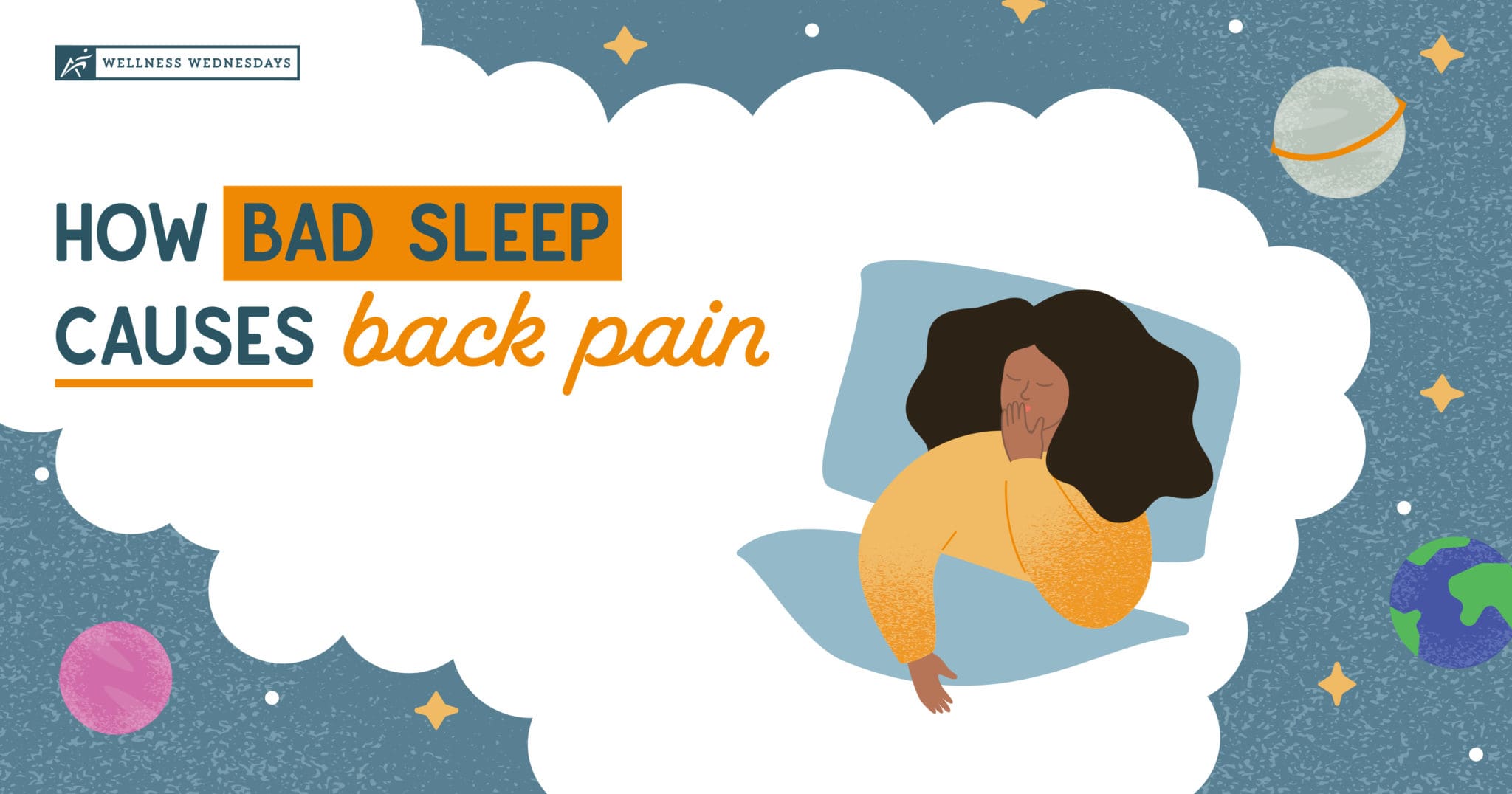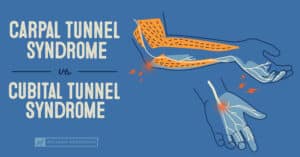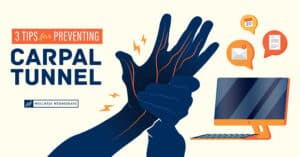Everyone knows that a good night’s sleep is important for growth and recovery. Unfortunately, many adults rarely get a full night of restorative sleep, especially when back pain keeps them awake. Something as inconspicuous as your sleeping position or daily habits may be perpetuating this vicious cycle of bad sleep and back pain.
Having issues falling or staying asleep can be a literal pain in the back. Chronic pain can leave you tossing and turning all night. Sometimes you may even wake up with more pain than you had the night before. If your quality of sleep is suffering because of chronic or nagging back pain, give Airrosti a call to begin your journey to a more restful and pain-free sleep.
Why Sleep Issues Cause Back Pain
Sleeping on your stomach may be comfortable for some, but it is generally considered one of the worst sleeping positions. Sleeping on your stomach compresses your organs and soft tissues against the weight of your back, hindering your breathing. Your lower back is also pulled down in an uncomfortable arch, putting strain on the low back muscles. Sleeping with a pillow under your pelvis may help keep your spine from overarching and causing unnecessary discomfort.
Side sleeping is the preferred position for most people, but it also comes with a few caveats. While this position may be better at keeping your spine aligned, your sleep can still be interrupted by neck or back pain without proper support. To help ward off back problems while sleeping on your side, make sure you have a supportive pillow for your neck. You can also place a second pillow between your knees to help keep your hips aligned with your spine.
Back sleeping is considered one of the best ways to sleep, but even back sleepers may have issues keeping their spine in proper alignment, especially if they’re sleeping on an old unsupportive mattress. When sleeping on your back, place a pillow under the knees to help keep the natural curve of your spine and avoid late night low back pain.
Stress also plays an important role in this vicious cycle. Falling and staying asleep can seem nearly impossible when you’re stressed out and on high alert. Even if you manage to fall asleep, your body may not get the restoration it needs. Stress can also cause muscles to tense up, worsening any pain or discomfort you may be experiencing.
Learning how to address and manage your stress levels throughout the day can make a huge difference in both pain levels and quality of sleep.
Other factors that may trigger your late night back pain include:
- Poor Posture
- Exercising with Improper Form
- Muscle Tension
- Old Mattress or Pillows
Steps To Better Sleep
While the above risk factors can cause or worsen back pain at night, there are a few steps you can take to reduce their impact and improve your quality of sleep.
Stretch it Out: Muscles that are weakened from underuse or fatigued by overuse may feel stiff and sore at the end of the day. Additionally, adhesions in the fascial tissue can build up over time, increasing the tension and discomfort.
A great way to relieve this tension is with some light stretching or a quick yoga session before bed. You can also use recovery tools like foam rollers or lacrosse balls to help smooth out fascial adhesions and loosen your muscles.
Replace Your Bedding: Most mattresses have a lifespan of about 7 – 10 years, while pillows have a much smaller lifespan at 2 years before they lose their shape. If you’re shopping for new bedding, look for a mattress that has the right amount of firmness and comfort to suit your sleep style. Pillows should be able to support your neck and head while you sleep.
Airrosti Eases Chronic Back Pain
If your back pain is persistent despite your efforts to relieve your stress and improve your posture, Airrosti can help. Airrosti Providers are dedicated to diagnosing and treating pain at the source. Our treatment addresses injuries and pain by combining hands-on manual therapy and active care exercises to promote strength, stability, and mobility.
Airrosti Providers also educate their patients to help them understand best practices and ways to help avoid future injuries. Using recovery tools like lacrosse balls and foam rollers, Airrosti patients learn active rehabilitation exercises and stretches to help boost recovery.
To learn more about treatment with Airrosti, call us at (866) 922-0372 or schedule an appointment. We offer both in-office and virtual appointments to best suit your needs.
Read our Medical Disclaimer here.










